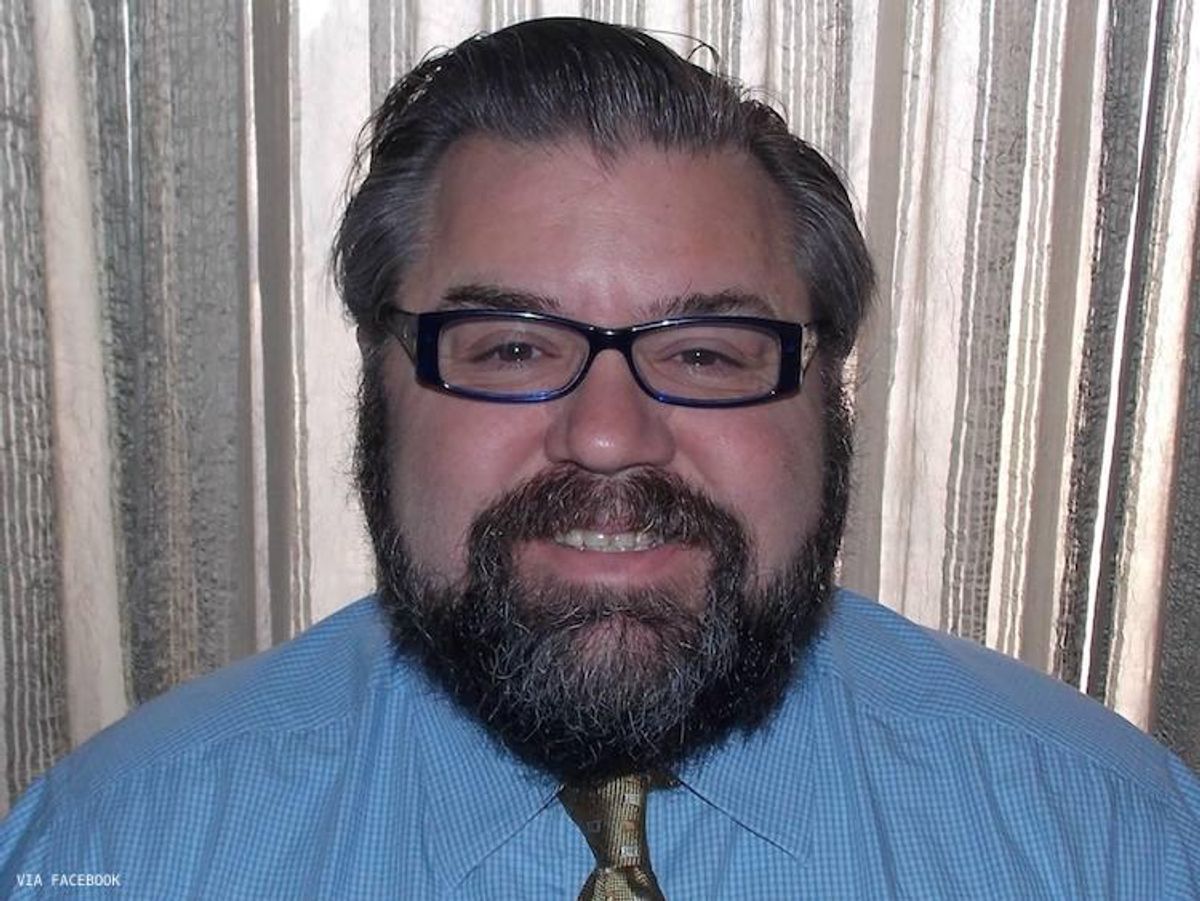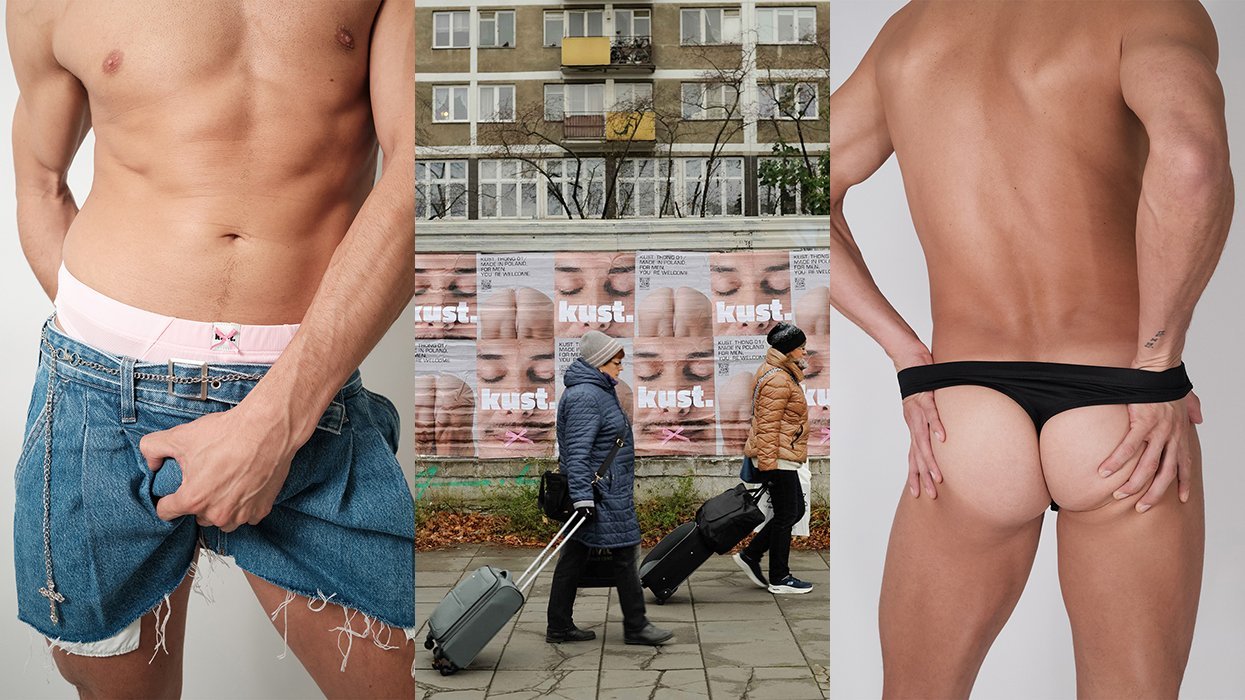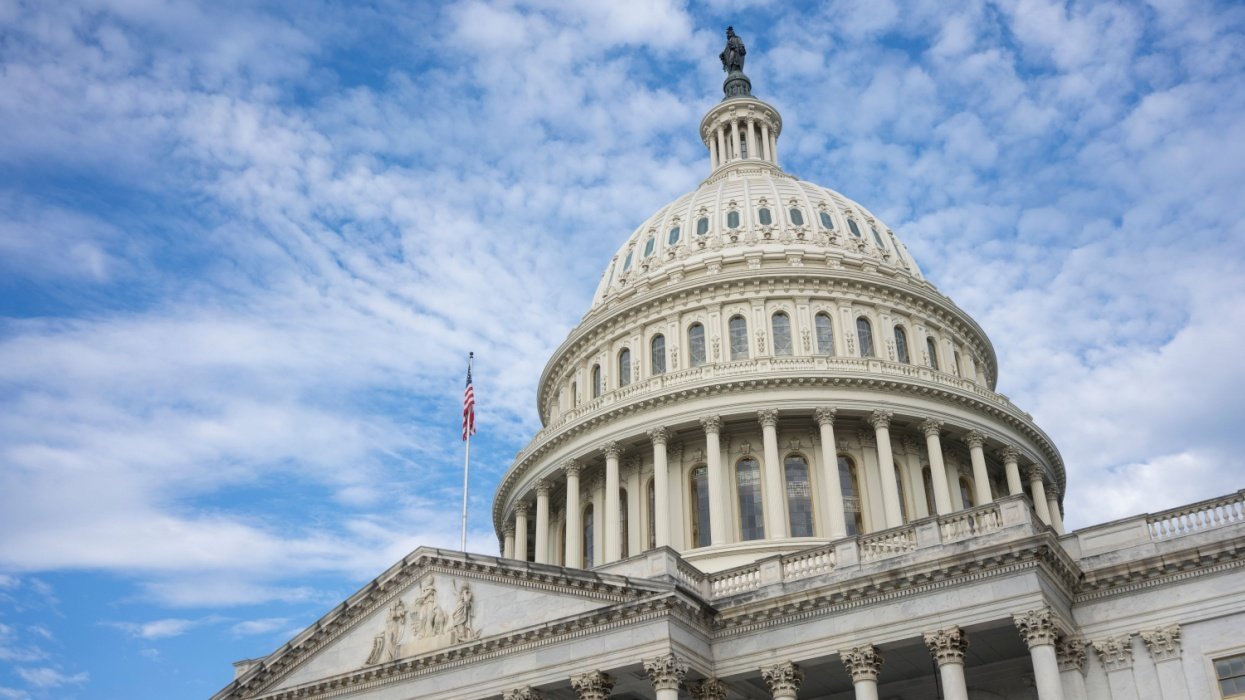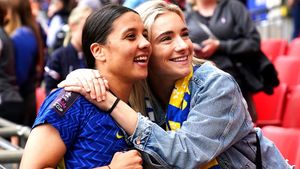ORLANDO, FLA. -- Dozens of delegates at the this weekend's Libertarian National Convention in Orlando all voiced that America's largest third party offered the safest ideological home for LGBT voters, Black Lives Matter activists, American Muslims and those seeking humane immigration reform.
But the solutions this party offers to society's ills differ starkly from the intervention many activists often seek. Where some activists call on the nation's leaders to step in and find solutions, Libertarians call for government to step away.
Whether the party can convince a significant number of these issue-oriented voters that a less-is-more approach to intervention will accomplish anything could be a test for the party as it looks to grow its ranks. Kerry McKennon, a Texas Libertarian and openly gay man running for the vice presidential nomination at the convention, notes that neither major party boasts such diversity in its candidates for high office.
"A woman, a Muslim, an openly gay man, and anyone who may not want to put all their stuff out there, anybody can be considered," McKennon says. "I never felt welcome in the GOP, because I thought they hated me because of who was in the bed next me. But I always felt like the Democrats were blowing smoke up my ass for my vote, that they would say, 'We can give you marriage equality.' I don't need a party to give me my rights and liberties. They are mine inherently, and if there is a party such as the Democrats that can hand out my rights to me, they can also hold my freedoms hostage."
Although white heterosexual men still dominate the Libertarian convention ranks, many expressed strong empathy for causes that may not directly impact them. Doug Craig, the Libertarian candidate for Georgia governor, had a cousin die from HIV-related illness, and was upset to learn nurses could deny his cousin's husband visitation rights while he was dying. Likewise, he remains stunned black employees in his auto shop get stopped regularly by police without cause and asked to show their government IDs. "I started realizing I needed to look at the system," he says. "There has to be a change."
But there are two sides to the Libertarian sword. The view of intrinsic human rights seems to also encompass a right to discriminate. At Saturday evening's presidential debate at the Libertarian convention, front-runner Gary Johnson was the only candidate to say he would have signed the Civil Rights Act of 1964 as written into law. Most candidates instead focused on the state-sanctioned discrimination currently enforced by several local governments in southern states.
"I assure you that legislation in no way ended discrimination," said John McAfee, software tycoon and presidential candidate of the landmark federal legislation.
And while delegates at the convention nearly unanimously criticized laws like North Carolina's sweeping anti-LGBT House Bill 2, which among other things restricts bathroom access for trans citizens, they equally critiqued the trans-inclusive Charlotte ordinance that North Carolina's Republican leadership claims forced the adoption of HB 2 in a single, day-long special legislative session in March. That local ordinance, which was set to take effect July 1, would have mandated equal access to public accommodations throughout the city, effectively prohibiting some private businesses from setting their own policies about restroom use.
Ultimately, Libertarians said they felt greater faith in a free market bringing permanent advances for social movements and equal rights.
McKennon, for example, said he was not concerned about private businesses being allowed to turn away LGBT customers, suggesting that those discriminatory business practices will be tried in the court of public opinion. He defended a bakery owner's right to turn away a same-sex couple requesting a wedding cake.
"But understand, I will make sure everybody I know is aware that you are a bigot, and with the power of social media today, news can spread in an instant," McKennon warns.

















































































